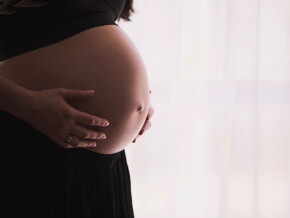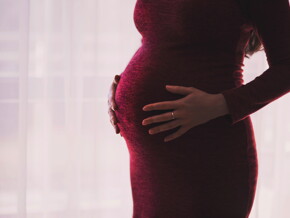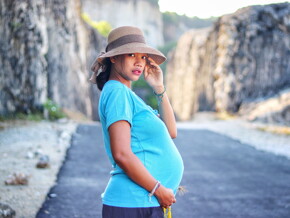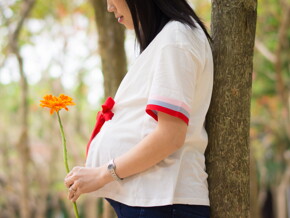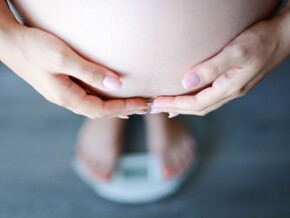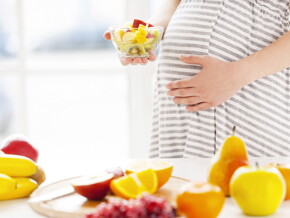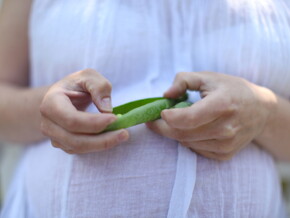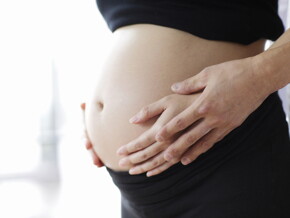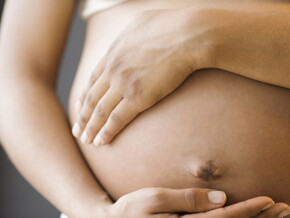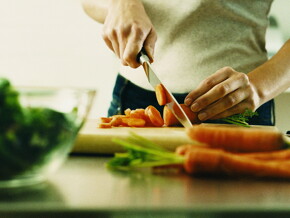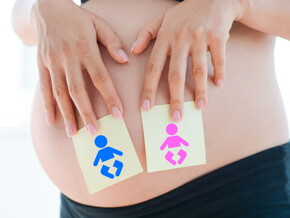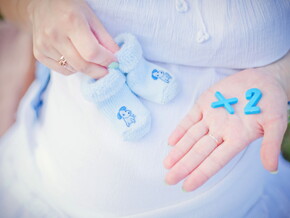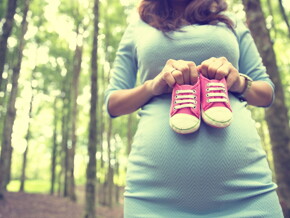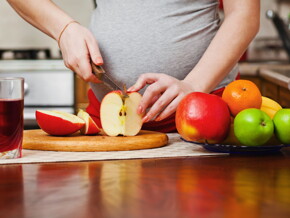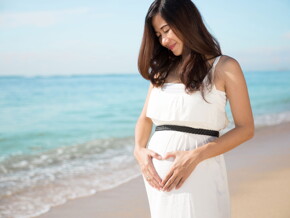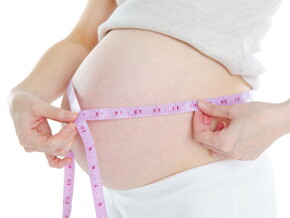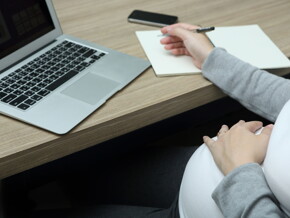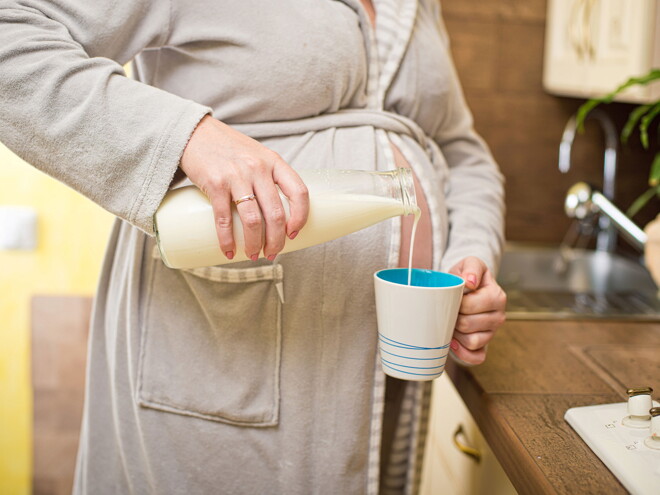
Getting ready at 31 Weeks Pregnant
As the big day approaches, your precious darling is starting to turn upside down, getting into the perfect position for birth. What a smart little baby! Read on to see what else your bundle of joy is up to at this stage in your pregnancy. Learn more about your baby's development at 31 weeks pregnant.
BABY DEVELOPMENT
Your baby now weighs about half of the average birth weight, and there’s still so much growing to do! This is also when the little one starts settling into the final position for delivery. In 95% of pregnancies, the baby comes out upside down, top of the head emerging first. You may hear your doctor refer to this as the “presentation,” which essentially refers to which part of your baby is coming out first, and it can be detected at your next ultrasound.
If during this test your doctor finds that your baby is not lined up correctly – which doesn’t automatically mean that there’s a problem – your doctor may make arrangements to help make sure that the birth of your baby goes smoothly, perhaps even consider a caesarean section.
YOUR BODY
Surprised by the dramatic change in your breast size? That’s your body prepping itself to breastfeed! Don’t be alarmed if you find yellow spots on your blouse once in a while. That’s just colostrum, the first milk produced by your body during pregnancy. It’s actually a good sign! It means you’re almost ready for breastfeeding. The colostrum you give your baby in the first few days is extremely important - it has all the antibodies that boost your child’s immune system against infection immediately after birth. Though not every mom-to-be produces pre-milk at this point, if you happen to be one of them, you can prevent leaks by using a nursing bra and breast pads, which you can buy at any baby accessories store.
NUTRITION
From now until birth, your baby’s going to be putting on an additional 1 to 1 ½ kilos, so your diet will need a bit of adjusting. Of course, eating for two doesn’t mean putting twice as many servings on your plate, but it does mean that you need complete nutrition to be able to provide you and your baby with enough energy to develop and function optimally. Simply put, your diet should contain lots of fresh fruits and veggies, good lean proteins, whole grains, and the kind of monounsaturated fats (also known as “good “fats) you can find in food like avocados, nuts, and salmon. Eating the right amounts of nutritious food is the best way to ensure that you and your little one are both equipped for all the hard work you’re doing.
TIPS
If you’re worried about breast size, remember that the size of a woman’s breasts has absolutely nothing to do with how well she can breastfeed. Repeat – there is no relation at all! Even if you’re small-chested, you should have no problem nursing your child. A woman with a small chest will not produce any less milk than a woman with bigger breasts. The amount of milk is actually determined by how well your baby’s sucking mechanism works, and how much your baby drinks. Yes, it’s really all up to the tiny new boss in your home!
Expect more exciting developments to unfold next week! Click here to read all about Week 32.










